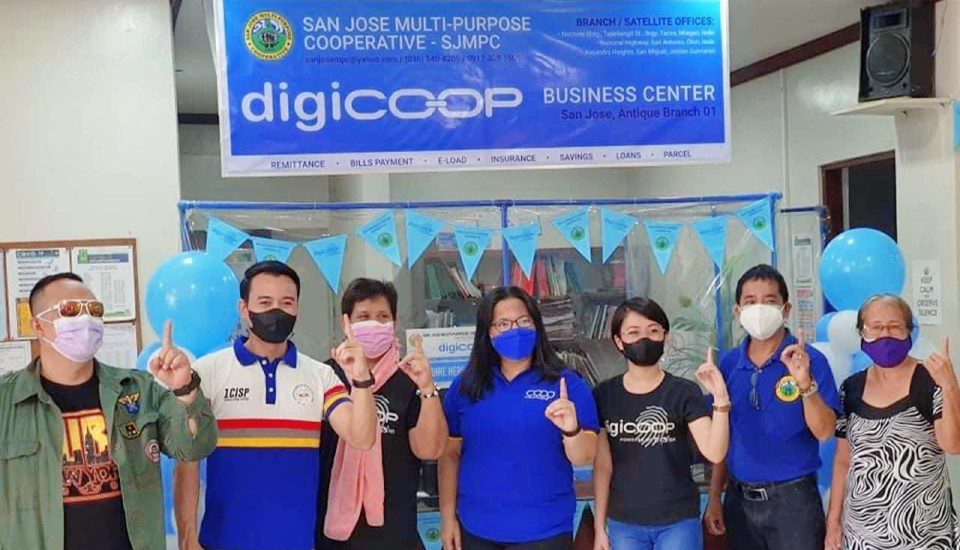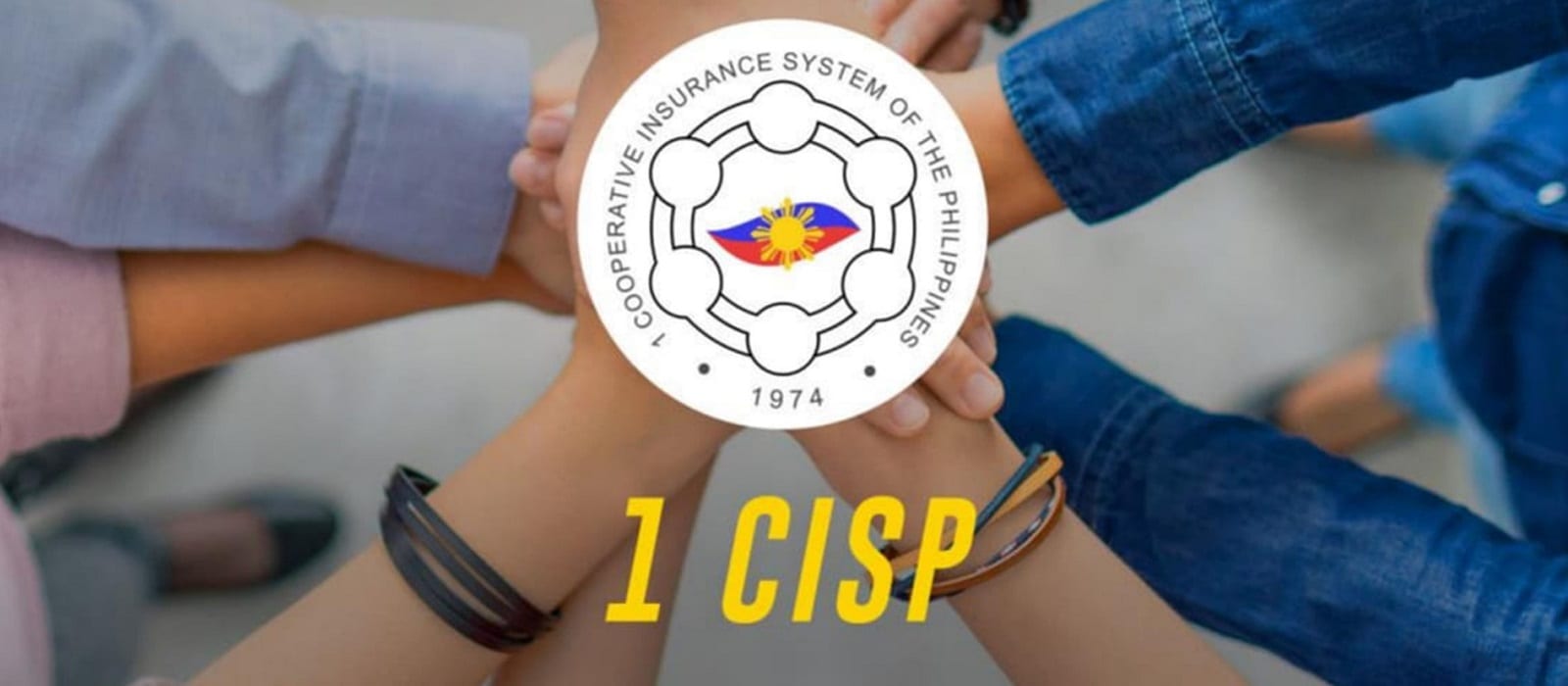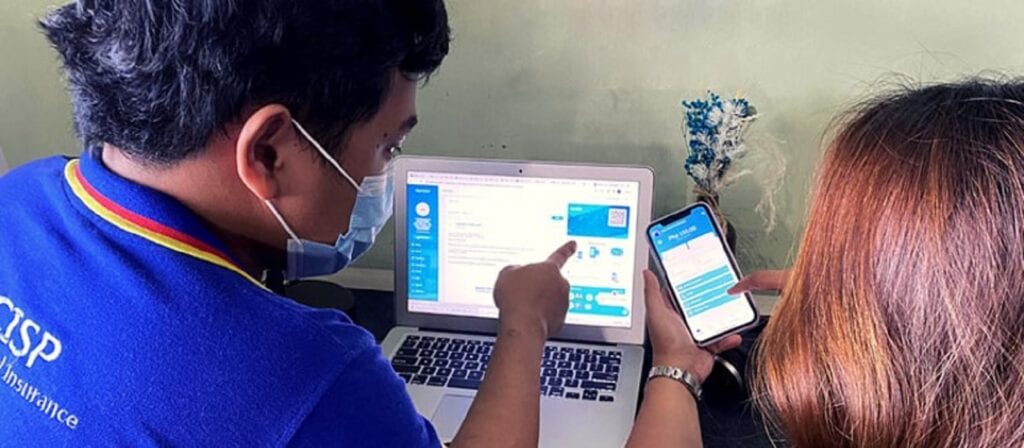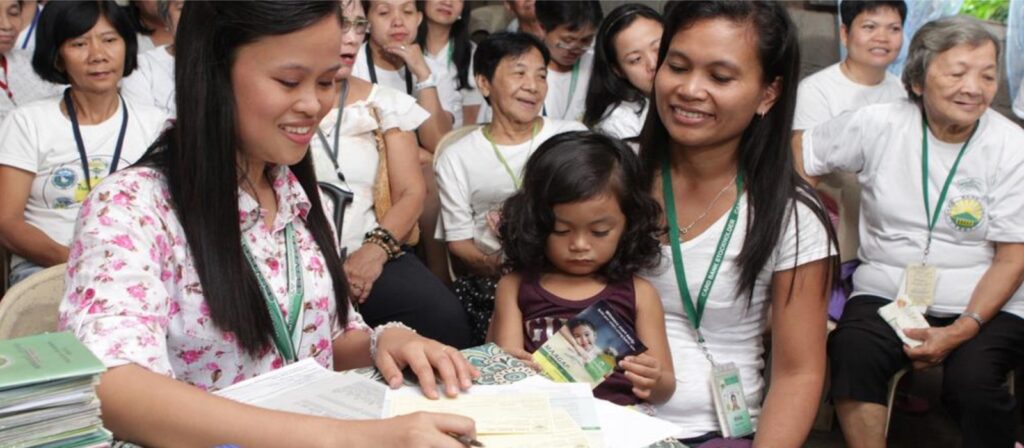DigiCoop, a fintech platform from 1CISP, aims to unite and serve cooperatives, redistributing wealth and creating financial freedom in the Philippines beyond financial inclusion, through the use of technology to enable both big and small cooperatives and their individual members to participate in a lively digital ecosystem. DigiCOOP’s vision is to bring this to the regional and international technology arena and pass on the legacy to future generations of cooperators and cooperatives.
The start of initiative
Despite the widespread use of Internet and technological innovations that make e-commerce and digital payments more accessible, affordable and essential, the Philippine cooperative movement is yet to take advantage of these developments. Compared to counterparts in the private industry who have been using digital systems in serving internal and external clients, cooperatives are still in the early stage of digitalising and automating their business processes.
1CISP Life and General Insurance (1CISP), an innovation leader in the cooperative movement, and Traxion Tech Inc., a Filipino fintech company, came together to envision a platform that would address local cooperatives’ digitalisation needs. In 2020, the idea became a reality with the launch of digiCOOP, a free web-based software application that serves as a digital ecosystem for cooperatives.
Already immersed in the cooperative movement and its principles, Traxion Tech Inc., in turn, was transformed into Traxion Technology Services Cooperative, which later joined other cooperatives as founding members of the Digicoop Technological System Cooperative (DTSC), the secondary-level cooperative that distributes DigiCOOP platform and business center franchise to the cooperative sector.
Digicoop: cooperative community engagement
DigiCOOP is a platform ecosystem, a tech driven ecosystem where members have mutual dependence on a multisystem platform which promotes interoperability, interconnectedness and independence. Through this system, DigiCOOP aims to attract the tech savvy generation, pass the cooperative legacy to the next generation and to be better than investor-owned firms since DigiCOOP offers the same services which are all readily available in the DigiCOOP Business Center and through the DigiCOOP mobile app.
DigiCOOP Business Centers offers bills payment; e-load; loans processing; e-wallet cash-in and cash-out; money remittance; parcel forwarding; coop teller machines; and insurance.
The DigiCOOP mobile app offers e-marketplace; core banking system; logistics; e-voting; cooperative management system; e-learning; accounting system; Circle Card with QR code; bills payment; and money remittance.
Through these, DigiCOOP opens more opportunities and new sources of income for cooperatives, federations, unions and their members and would definitely drive loyalty and patronage expected to help each succeed. DigiCOOP facilitates such mandate by helping cooperatives move away from the tendency to operate in silos.
Hurdles experienced
Early movers such as the founding members of the DTSC have a learning advantage over others who prefer to stand by the sideline until the dust settles, so to speak. What DTSC had learned is that the work of transitioning cooperatives to the digital space is not a walk in the park, for following reasons:
- Cooperatives are spread across a 300,000-square kilometre country of 7,641 islands. Of the nation’s 17 regions, around 50% of the cooperatives are in the provinces and regions of Pampanga, NCR, CALABARZON, Cebu, Iloilo, and Cagayan de Oro City. One challenge in the delivery of online payment services is the stability and availability of internet service, particularly in hard-to-reach areas. According to the Department of Information and Communications Technology (DICT), there were less than 20,000 towers the country as of 2019 —far lower than Vietnam’s 70,000 and Indonesia’s 90,000 towers. By Q3 2020, the number rose by 2,000 although still far from the 50,000 additional towers needed to adequately connect the country.
- Aside from the onboarding training, there are the cyber security trainings for administrative users manning either the cooperatives’ branches or their designated DigiCOOP centers. Users who are new to the technology---or even the use of computers and laptops---had to be briefed on topics as simple as why passwords should not be shared.
- Today, user training takes up a significant portion of the DigiCOOP onboarding teams’ efforts:
- For cooperatives’ front desk personnel: Free webinars, face to face trainings, for a are given twice a month. At least two face-to-face sessions are scheduled with personnel to teach them how to activate their cooperatives’ membership on the app.
- Individual members: DTSC has prepared instructional kits to guide cooperatives on how and what to educate their members on. These are supplemented by video tutorials available on the official website and social media sites.


Published July 2022
These constraints, fortunately, are not without their workarounds. For instance, there are offline solutions for individual members encountering connectivity issues. For those without internet access in their homes, 256 new DigiCOOP business centers have been set up nationwide to supplement the existing number of cooperative offices attending to individual-members’ needs.
Cooperators can visit these locations to process their loans, renew their membership, pay their utility bills, etc. using their DigiCOOP Circle Cards. Alternatively, they can use the DigiCOOP Prepaid Debit Cards in places where a BANCNET Automated Teller Machine is available. In addition, there is the concept of agency banking that can be tapped for other transactions. Cooperators who do have Internet connection can use their DigiCOOP mobile app to process transactions on behalf of a fellow cooperator. This is a win-win solution since those who facilitate the transaction---the agents---can earn extra income out of every successful transaction.
DigiCOOP Technology Service Cooperative’s registration with the CDA resulted to more trust and openness. It has registered 10 cooperative unions, 12 cooperative federations as members; and has activated 131 cooperative branches, 635 primary cooperatives and 533,459 members. Improvement on customer satisfaction has been remarked from users of the DigiCOOP platform. Both institution and individual member users alike have enjoyed the convenience of accomplishing their payment transactions anytime, anywhere. DigiCOOP Business Centers have given more value to cooperatives as they make more financial services available and accessible to their members, especially in areas where conventional financial service providers cannot reach.
Now more than ever, the DigiCOOP initiative has made cooperatives more connected and more relevant to its stakeholders. True to its rationale to create more opportunities for the coop sector and to further the movement/ to be better than investor-owned enterprise, DigiCOOP Technology Service Cooperative continues to improve services to make cooperatives all-in-one business centers for their members. Its pipeline projects are to drive cooperative economy by creating value and income in both levels of economic participation: cooperative and members.
About 1CISP
1CISP (1 Cooperative Insurance System of the Philippines Life & General Insurance) was founded in 1974. It was organized to promote and engage in the service of life insurance as a cooperative. It is operating nationwide with 8 area offices, insuring mostly the underprivileged and farmers of the country. To date, CISP has more than 2,000 cooperative members and insuring over 700,000 individuals annually.
1CISP exclusively caters to the cooperative owners and members insurance needs, especially those most vulnerable to natural calamities such as farmers, fisherfolk and the underprivileged. The member cooperatives are its main distribution channel.





